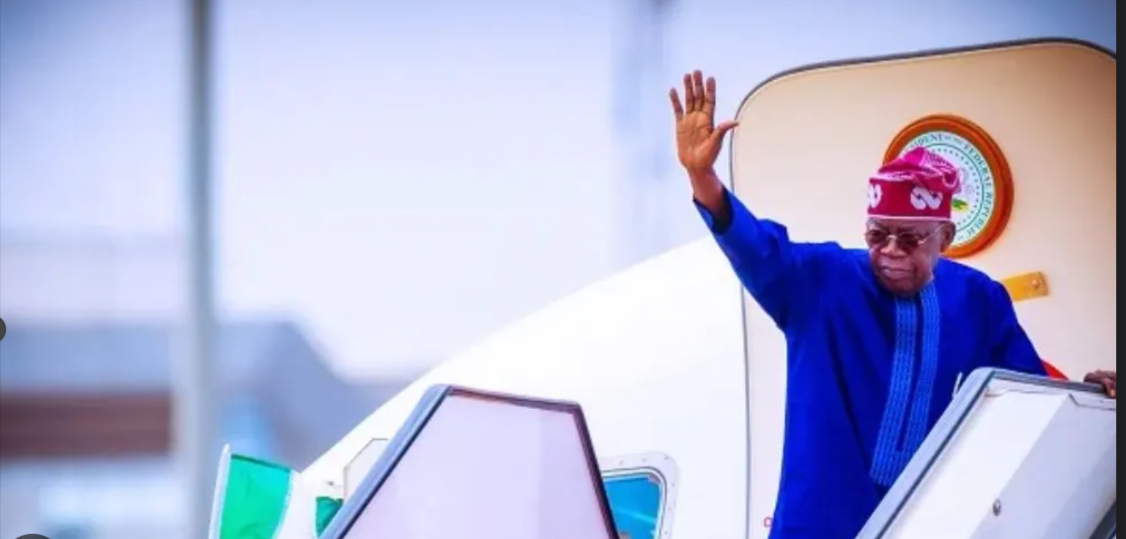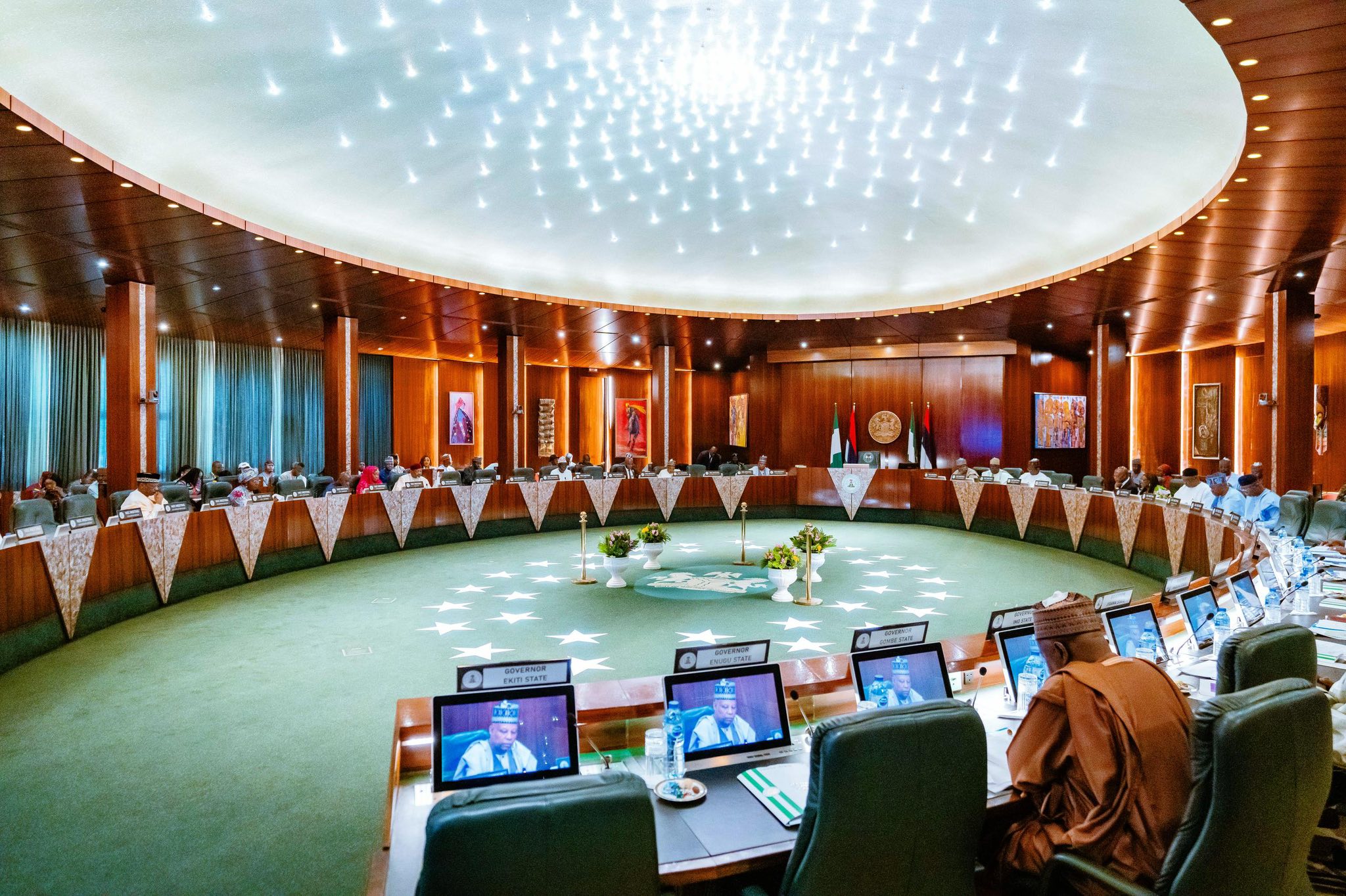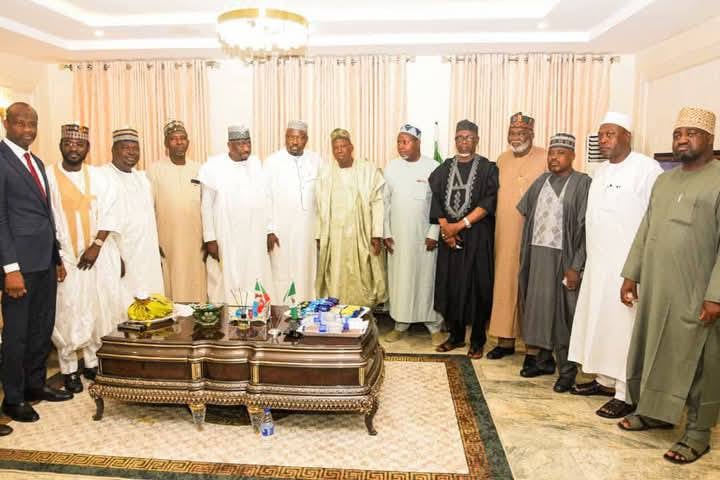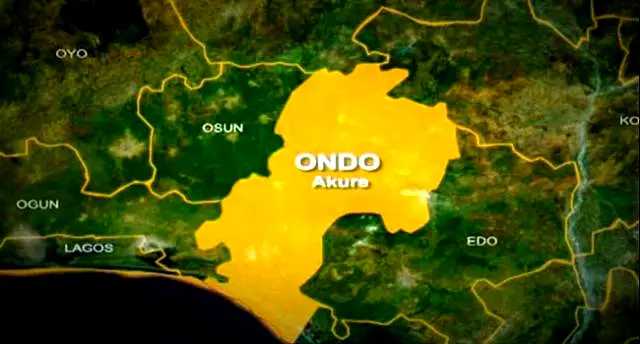MUVOMBO DEVELOPMENT INITIATIVE ADDRESSES IMPACT OF US WITHDRAWAL FROM WHO AND PARIS AGREEMENT
MUVOMBO DEVELOPMENT INITIATIVE ADDRESSES IMPACT OF US WITHDRAWAL FROM WHO AND PARIS AGREEMENT
25th January 2024
The Muvombo Development Initiative (MDI) today highlighted the significant impact of the United States’ withdrawal from the World Health Organization (WHO) and the Paris Climate Change Agreement during President Trump’s inaugural speech on January 20, 2025.
Managing Director Mr. Winter Muvombo convened a critical briefing to discuss the potential consequences of these executive orders on Zambia and other African countries.
He explained that the US withdrew from the WHO in 2020 due to the organization’s mishandling of the COVID-19 pandemic and its failure to implement urgently needed reforms.
Mr. Muvombo noted that the US decision could reduce funding for global health programs, particularly those addressing infectious diseases like HIV/AIDS, Tuberculosis, and Malaria.
He warned that this withdrawal could negatively impact efforts to strengthen health systems in Africa and improve access to essential healthcare services.
The MDI Managing Director emphasized that the consequences would weaken responses to public health emergencies, including future epidemics and pandemics, while also limiting access to essential medicines and medical supplies.
Mr. Muvombo urged African nations to explore alternative partnerships and funding sources, encouraging regional organizations like the African Union to play a more active role in coordinating health responses.
Regarding the Paris Climate Agreement, Mr. Muvombo stressed that the USA’s withdrawal would reduce funding for climate change mitigation and adaptation, with developing countries set to feel the impact.
He further noted that Zambia needs to prepare for the changing global landscape and consider how the US’s withdrawal from multilateral agreements could affect international support for African nations.
Mr. Muvombo called for proactive measures, including reducing dependency on foreign aid and directing resources towards sustainable development, to ensure Zambia’s self-sufficiency in the face of these challenges.
(C) Falcon










